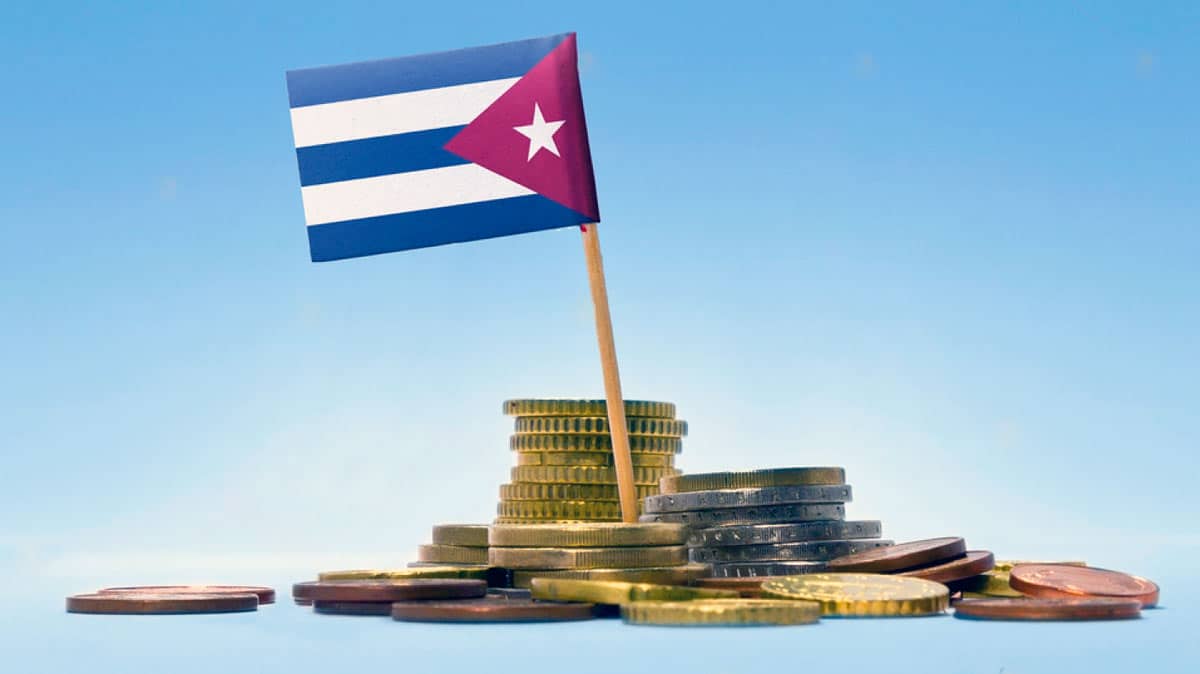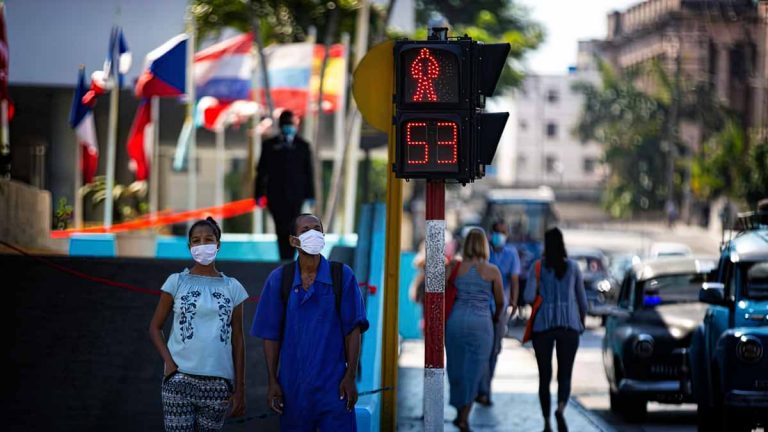Cuba’s Government Announces New Economic Policies for 2024

In a significant move to bolster its economy in the upcoming year, the Cuban government has unveiled a series of new economic measures.
These initiatives, as outlined by Prime Minister Manuel Marrero Cruz, are diverse and aim to address various aspects of the country’s economic framework.
Focusing on Economic Actors and Remittances
A key focus of these measures is the economic actors, particularly concerning the flow of remittances.
The government plans to introduce mechanisms to ease imports by offering incentives. These incentives are expected to boost the purchase of goods and services.
The introduction of new payment methods is a notable part of these measures. These include currency cards rechargeable both from abroad and domestically, payments made within Cuba, and negotiations with suppliers to ensure stable merchandise supply.
E-Commerce and Foreign Investment
E-commerce is set to play a crucial role in accessing foreign currencies, restocking supplies, and maintaining production levels.
Additionally, foreign investment, which has been a focus in the current year, will continue to be a key strategy in 2024, especially in food production and energy transformation.

The sugar industry and agricultural production, currently underperforming sectors, are expected to expand their business scope to achieve better results.
There is also a plan to include locally produced normed foods in the family basic needs basket.
Reducing Imports, Boosting Production
A central goal for the Cuban economy in 2024 is to increase local productions and reduce imports.
To achieve this, there will be a 50% reduction in tariffs for economic actors importing intermediate goods and raw materials.
Simultaneously, there will be an increase in import tariffs on products like tobacco, cigars, rum, and beer. These are products ready for sale and are also produced domestically.
Other significant measures include changes in passenger transportation tariffs, cigar and tobacco pricing, and exemptions from import tariffs on food, medicines, and hygiene products.
Tax updates related to real estate transactions and property transfer regulations are also planned.

Impact on Small and Medium-Sized Enterprises (SMEs)
The government is updating the legal framework for SMEs, expanding these types of economic activities at municipal and provincial levels.
These measures are expected to receive mixed reactions from entrepreneurs, who might face increased taxes and reduced profits due to price controls.
Despite these concerns, entrepreneurs have been crucial in supporting Cuban families amidst shortages and scarcity.
The effectiveness of these policies in revitalizing a struggling economy will be closely watched in 2024. There is hope for positive outcomes, although past projections have sometimes fallen short. The future will ultimately reveal the impact of these policies.






